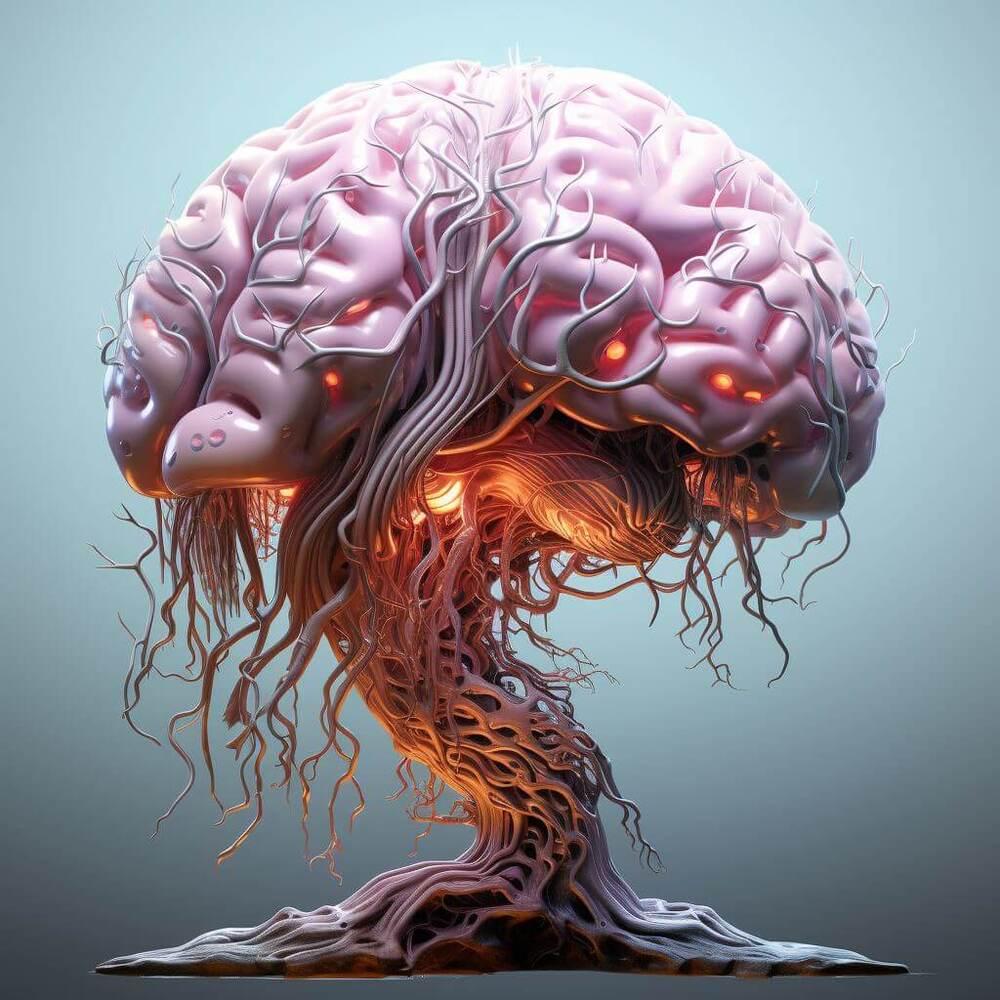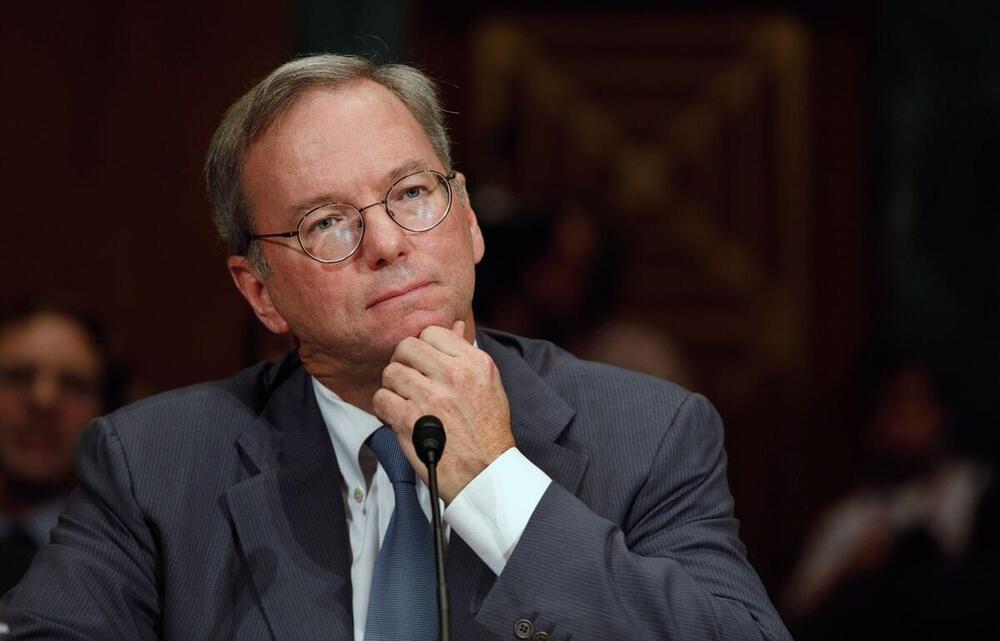Two types of technologies could change the privacy afforded in encrypted messages, and changes to this space could impact all of us.
On October 9, I moderated a panel on encryption, privacy policy, and human rights at the United Nations’s annual Internet Governance Forum. I shared the stage with some fabulous panelists including Roger Dingledine, the director of the Tor Project; Sharon Polsky, the president of the Privacy and Access Council of Canada; and Rand Hammoud, a campaigner at Access Now, a human rights advocacy organization. All strongly believe in and champion the protection of encryption.
I want to tell you about one thing that came up in our conversation: efforts to, in some way, monitor encrypted messages.
Policy proposals have been popping up around the world (like in Australia, India, and, most recently, the UK) that call for tech companies to build in ways to gain information about encrypted messages, including through back-door access. There have also been efforts to increase moderation and safety on encrypted messaging apps, like Signal and Telegram, to try to prevent the spread of abusive content, like child sexual abuse material, criminal networking, and drug trafficking.
Not surprisingly, advocates for encryption are generally opposed to these sorts of proposals as they weaken the level of user privacy that’s currently guaranteed by end-to-end encryption.
In my prep work before the panel, and then in our conversation, I learned about some new cryptographic technologies that might allow for some content moderation, as well as increased enforcement of platform policies and laws, all *without* breaking encryption. These are sort-of fringe technologies right now, mainly still in the research phase. Though they are being developed in several different flavors, most of these technologies ostensibly enable algorithms to evaluate messages or patterns in their metadata to flag problematic material without having to break encryption or reveal the content of the messages.






